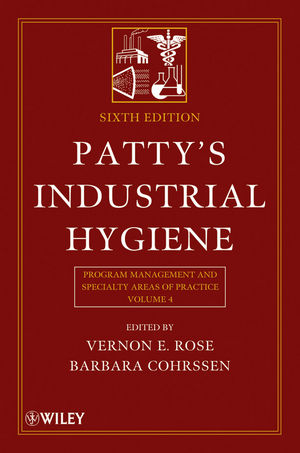On average, healthcare providers clean their hands less than half of the times they should. On any given day, about one in 25 hospital patients has at least one healthcare-associated infection.
Medics' resistance to change and a culture of mediocrity in hospitals puts millions at risk of infection each year, according to the Centers for Disease Control and Prevention (CDC). CDC reports:
- Hospital infections affect 2 million people in US every year - 100,000 die
- Up to 70% of infections preventable if medics followed hand hygiene guide
- Study found opposition to rules come from medics who are active resisters
- Active resisters are people who like doing things a certain way for the simple reason that things have always been done that way
- Another barrier is that many hospitals have a culture of mediocrity rather than a culture of excellence, experts warn
There are many reasons hand hygiene compliance lags:
- Sinks or hand rub dispensers aren’t always in convenient places in hospitals.
- When a doctor or nurse goes to clean their hands, there might not actually be soap or hand sanitizer in the dispenser.
- Some health care workers might be concerned about drying out their skin.
- Or some may still need convincing that hand hygiene is important.
- Finally, hand hygiene may simply be overlooked given other tasks that demand a health care worker’s attention in the often-chaotic hospital setting.
Source: CDC





